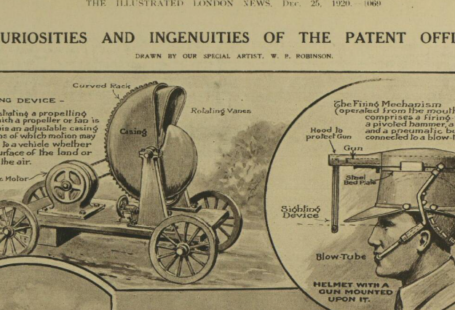We followed Amanda Holden’s journey of genealogy in last night’s episode of Who Do You Think You Are?. She kick-started her research by searching for one of her ancestors on The British Newspaper Archive.
Amanda’s mum, Judy, who had been working on their family tree, had been having difficulties finding out the last name of Collin’s wife, Radgoude, Amanda’s 5th great-grandmother. But, thanks to Amanda’s discovery on The British Newspaper Archive, she now had a new trail of clues to follow.
Knowing that Collin Thomas had origins in Cornwall, Amanda used a regional search that led to her finding his name in the Exeter Flying Post. Much to her surprise, Amanda discovered that her ancestor was a convicted felon.
Exeter Flying Post, 23 January 1806
Finding her 5th great-grandfather in the pages on The British Newspaper Archive was just the beginning of Amanda’s journey of discovery, but it can be a useful tool for family historians at any stage of their research.
Refining the search
Near the beginning of the episode, we see Amanda using two search techniques on The British Newspaper Archive. By using a combination of just two filters, Amanda successfully found Collin Thomas on the first page of her search results. First, she filtered her search by selecting a region from the map on the home page, as shown in the image below.
By selecting a region on the map, any further search results will only include newspapers that were published in that specific region.
Second, Amanda refined her search further by using quotation marks around her ancestor’s name.
Using quotation marks around any part of your search means that results must contain the exact phrase within the quotation marks. Searches without any quotation marks will return results with the terms of your search anywhere in the same article.
You can find further useful search tips in our Help and Advice section of the website.
Court cases, military movements, and sinking ships
Amanda was surprised to find out that Collin Thomas was a convicted felon. Newspapers report on a plethora of court cases, from the lowest magistrates and petty sessions all the way up to cases at the Old Bailey, so this kind of reporting could lead you to a gold mine of information.
You may find useful information about a person from court reporting such as the defendant’s physical description, health, level of education, and employment, as well as when and where the crime was committed. If you are lucky, you may even discover pictures of your criminal ancestor. Each newspapers reports on court cases differently, some list daily sessions, others give a case summary or synopsis, and some provide longer articles for more serious cases. Occasionally, reports will even include the case number, which can help you in further research. But you won’t find just criminal names in these reports – you can also find the names of the victims of crimes, witnesses, and court officials, too. With such an abundance of court reporting, you may find one of your own ancestors on The British Newspaper Archive.
You can find a wealth of information on military history and individual soldiers, sailors, and airmen in newspapers – particularly in regional papers. Newspapers can also help you follow the movements and battles of battalions and regiments. During the Peninsular War, Collin Thomas served in the 7th Division of the 51st Regiment of Foot – knowing this, you can search for the division and regiment names to follow his movements throughout wartime.
Naval events such as the sinking of The Lancastria are extensively covered in newspapers. When searching for such events, you may find that filtering your search to the year, or surrounding months, of the event can help you find more relevant results. Although sometimes censored during wartime, you can usually find useful information such as casualty lists, obituaries, reports of local regiments, and accounts of naval battles and movements within the pages of the newspapers from that time.
So if you are looking for an ancestor, you may surprise yourself by what you can find on The British Newspaper Archive.
Search The British Newspaper Archive today!







